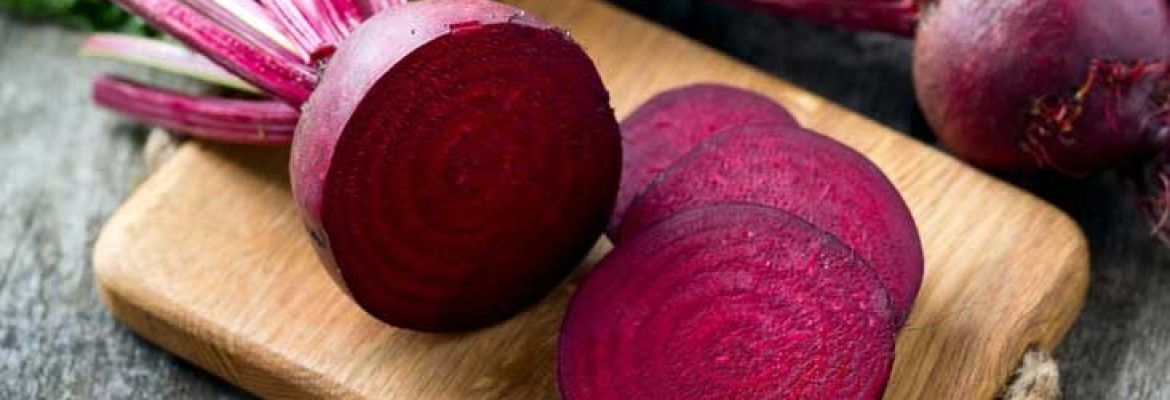In recent years there has been a growing interest in the biological activity of beetroot and its potential utility as a healthy promoting and disease plant. Beetroot belongs to the Beta L. genus, the Betoideae subfamily of the goosefoot family. It is a root vegetable and a rich source of phytochemicals and bioactive compounds which is known for its beneficial roles in the improvement of several clinical and pathologic outcome.
Beetroots mainly consist of water, fiber and carbs. They are a good source of many plant compounds, essential vitamins and minerals. Beetroots can support the health of the brain, heart and digestive system, boost athletic performance and help alleviate inflammation since they are highly nutritious and loaded with health-promoting properties. Beetroots are easy to include in diets. They are consumed in many ways such raw, cooked or processed and are a great addition to salads, smoothies and juice. They are used for medicinal purposes and additive to cosmetics.
Beetroots are mostly propagated by seed. Constant watering is needed for effective and efficient cultivation of beetroots. It takes around 15 days before the seedlings will start to appear above the ground and the maturity of the plant takes about 2 months and at which the height of plant will be around 8-9cm. Beetroots grow well under cool climate conditions. The soil for cultivating beetroots loamy and must have a pH level between 6.3 to 7.5.
Beetroots can be grown in a pot, container, raised beds, at a backyard garden or for commercial purposes.
ARTICLE BY: WENDY ELORM AMANKWA

